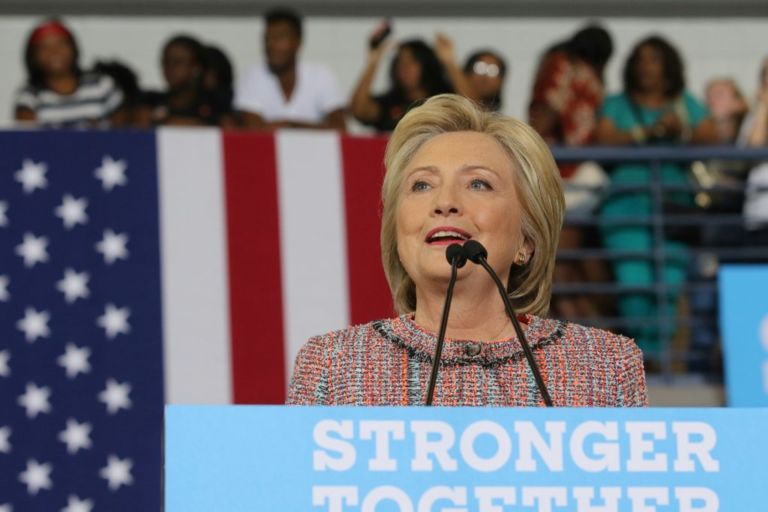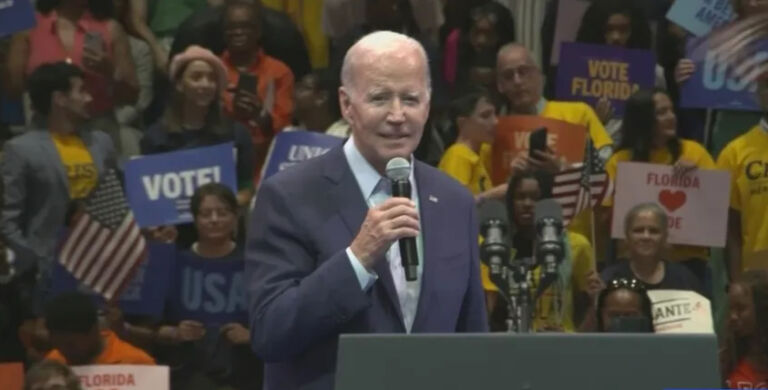So you think Donald Trump is the inevitable GOP nominee for president. Well, maybe not, say Eric O’Keefe and David Rivkin, writing in the Wall Street Journal.
O’Keefe, who is on the boards of the Citizens in Charge Foundation and the Wisconson Club for Growth, and Rivkin, a constitutional litigator who worked in the Reagan and “H.W.” Bush administrations, say that delegates aren’t legally bound to vote for a particular candidate when they reach their national conventions.
O’Keefe and Rivkin write:
“Although 20 states have passed laws that purport to bind delegates, these statutes can’t be legally enforced. When Republican delegates arrive in Cleveland to select their party’s nominee, they should recognize that they are bound only by their consciences.”
Last year, when the General Assembly was in the midst of approving legislation moving our presidential preference primary to March 15, I raised the question about the state GOP wanting to proportion delegates when state law required a winner-take-all primary. I was basically told that the state has no jurisdiction over delegations since nominating conventions are basically private, national events.
O’Keefe and Rivkin explain further:
“State laws that purport to bind delegates can’t be enforced without violating the First Amendment. A political party is a private association whose members join together to further their shared beliefs through electoral politics, and they have a right to choose their representatives. The government has no business telling parties how to select their candidates or leaders: That would be a serious infringement of the rights to free association and speech.”
The Republican National Convention is scheduled for July 18-21 in Cleveland. It could be exciting. Stay tuned.


